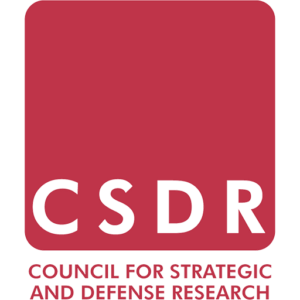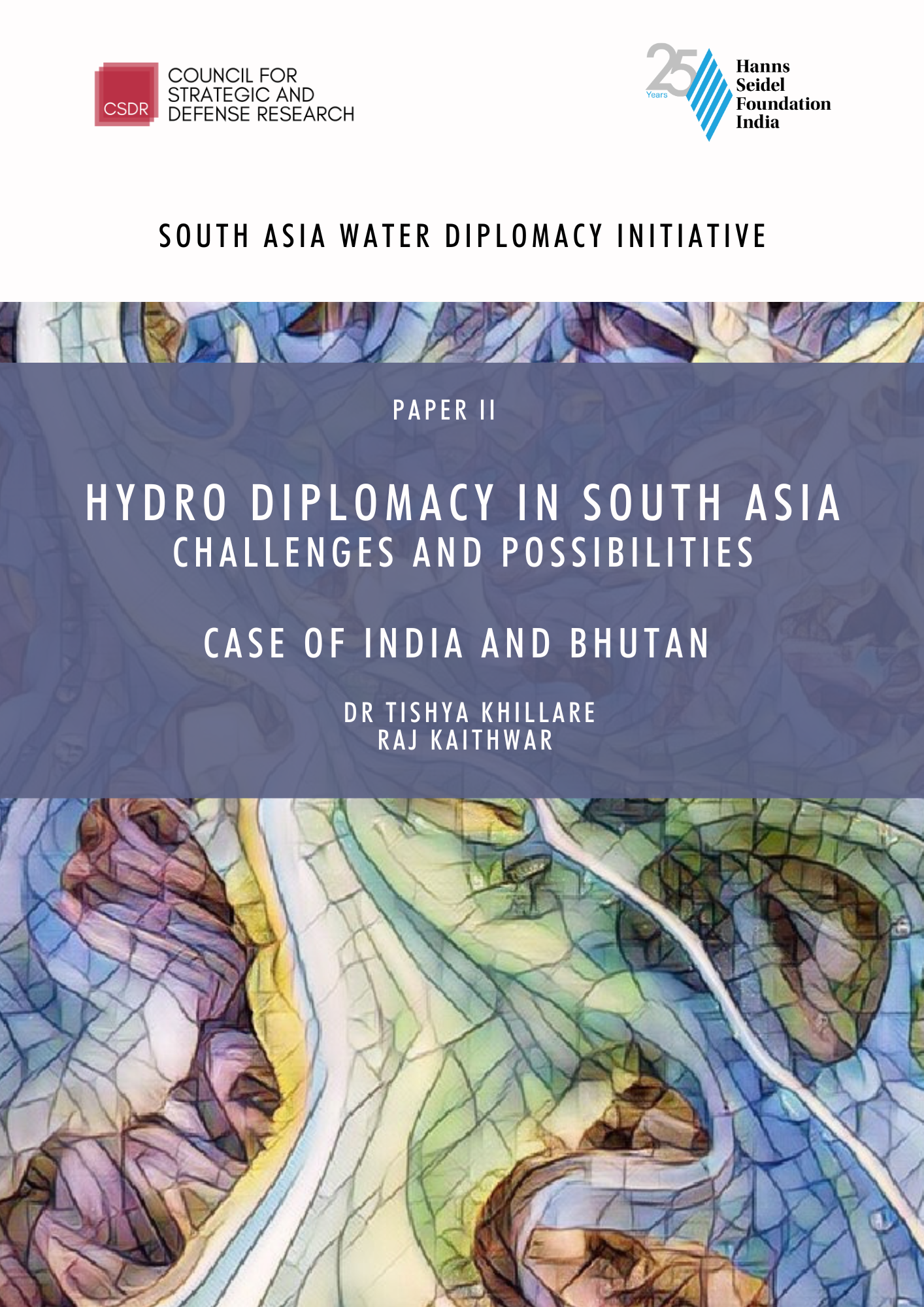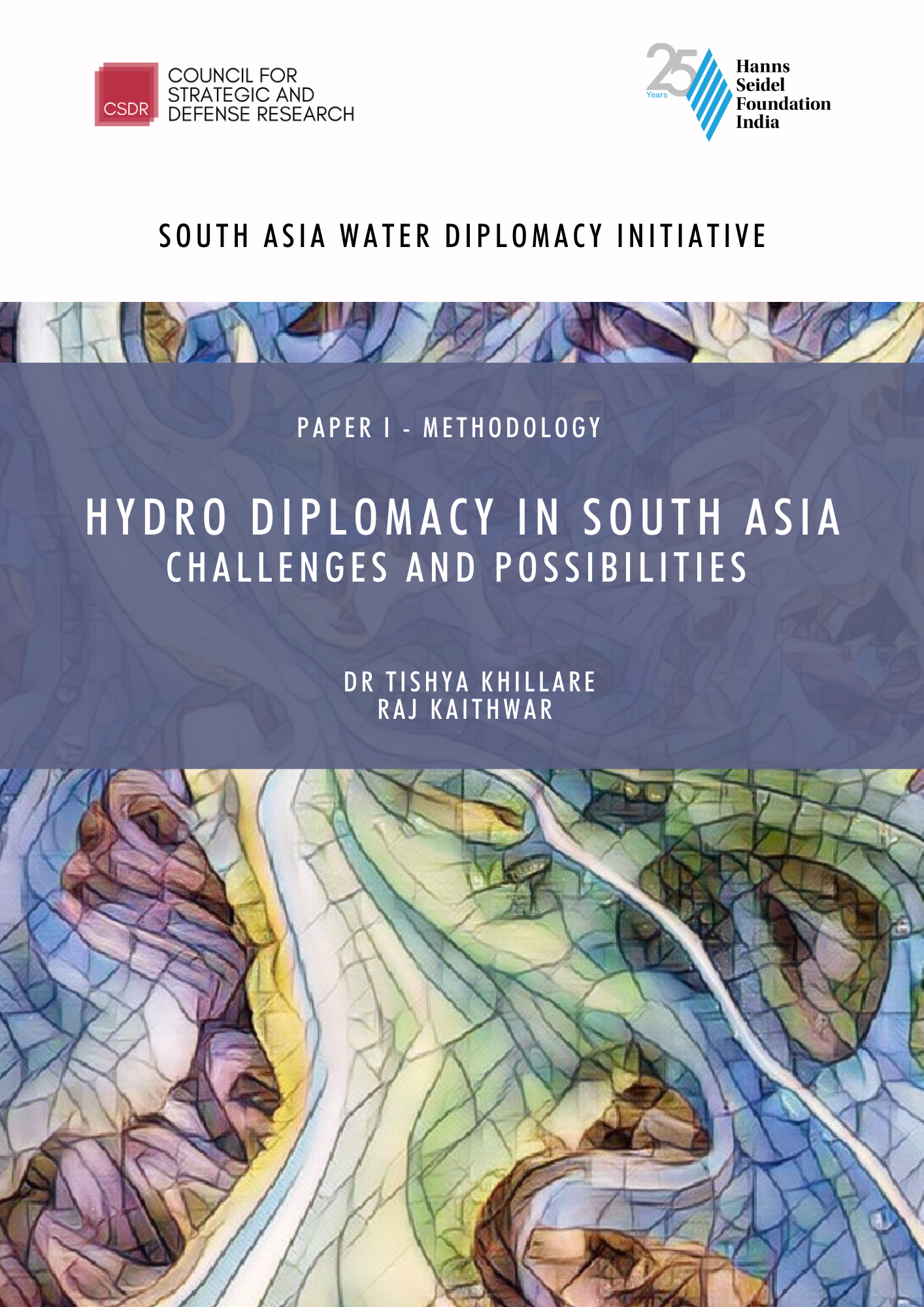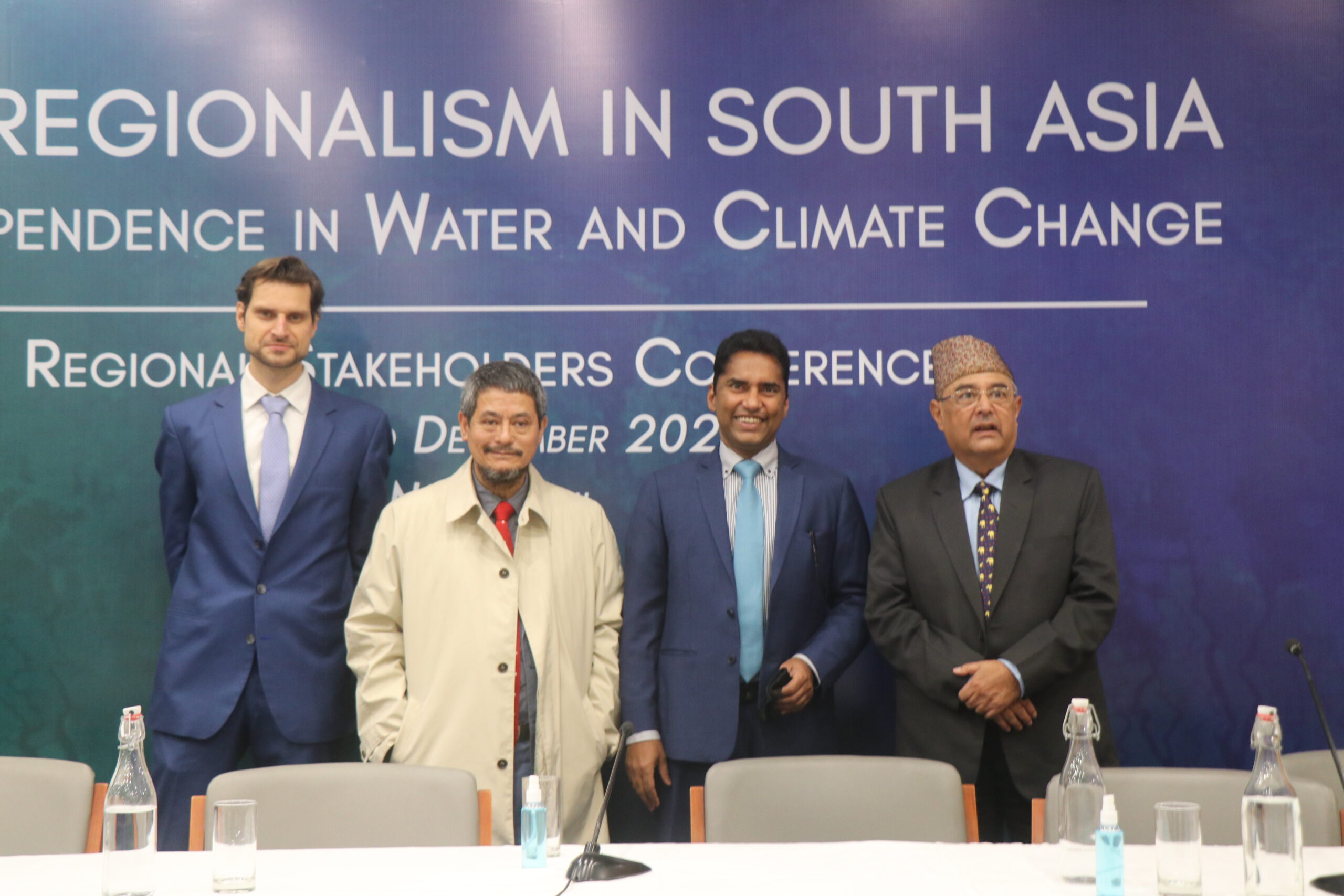The South Asia Water Diplomacy Initiative developed a framework to support multi- stakeholder Water Diplomacy in the South Asian Region (SAR). This framework is premised on cutting-edge geopolitical and politico-legal analysis of 5 bilateral water relations in the SAR and maps a “Zone of Possible Agreement” for each of these.
The South Asian region is strife with several political red-lines that dictate the terms of these conversations. In addition, a host of cross-cutting issues makeup the ecosystem of variables that impact the use, abuse and politics of shared waters in the South Asian Region (SAR). These include several development issues, climate change and disaster risk reduction, national security and foreign policy imperatives. However, there is very little precedent of regional dialogues over shared waters in the region being conducted in a multistakeholder, multi-track format.
In the immediate term (Stage I: 2021), this project filled this gap by carrying out cutting-edge research that studied the geopolitical and politico-legal context of 4 bilateral water relations (India-Pakistan, India-Bhutan, India-Bangladesh, India-Nepal) and mapped out the “Zone of Possible Agreement”, for each.
In Stage II: 2022-2023, premised on ZOPA analysis, a framework for executing Multi Stakeholder Water Diplomacy in SAR was produced and implemented. The project opened up dialogue spaces to policy making communities other than water communities such that these conversations could be placed closer to the decision making arena where multiple issues intersect. The project was able to cultivate a constituency of stakeholders, policy makers and influencers who engaged in a multistakeholder, track II hydro-diplomacy effort in South Asia.



